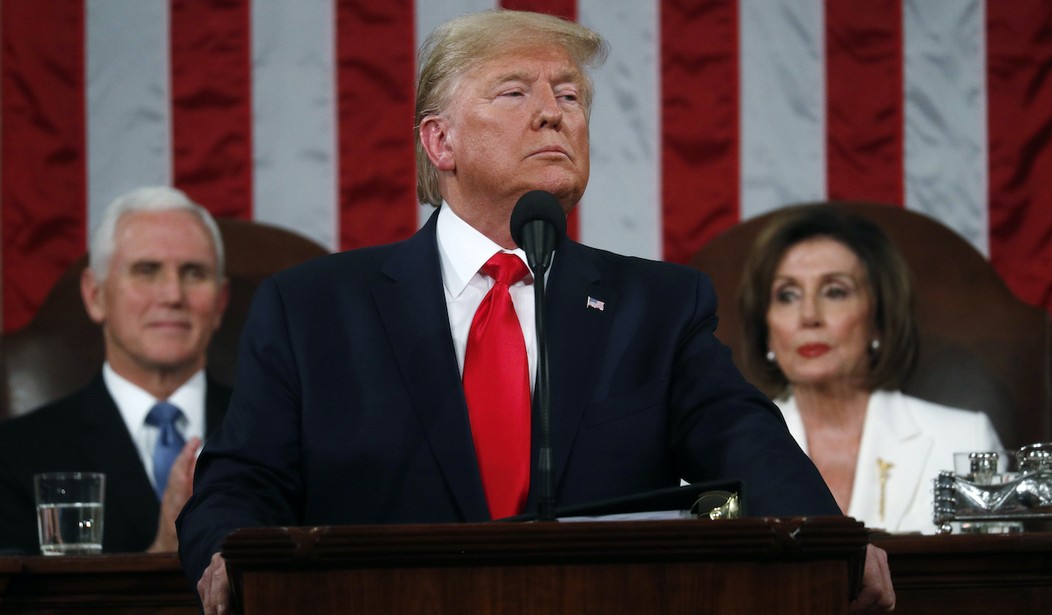In his State of the Union address, President Trump renewed his pledge to ensure that all Americans benefit from the “most affordable, innovative, and high-quality health care system on Earth.” Under his leadership we’ve seen the end of the costly individual mandate; more-flexible insurance offerings at lower premiums; billions of dollars in savings on prescription drugs, with faster approval of generics; and our veterans empowered to choose doctors and hospitals beyond the VA system, so that they no longer need to wait to receive the care they deserve.
Most recently, the Centers for Medicare and Medicaid Services (CMS) has introduced the “Healthy Adult Opportunity” (HAO) initiative, improving services for Medicaid beneficiaries by allowing more discretion to states to craft options in harmony with local needs and capabilities.
As a physician and former member of Congress who has cared for patients receiving Medicaid, I appreciate how important this program has become for our society’s “safety net.” Prior to Obamacare, Medicaid concentrated on financially-disadvantaged pregnant women, single parents and children, elderly people, and people with disabilities. When Obamacare became the law in 2010, healthy adults under age 65 could also qualify for Medicaid — if the state in which they lived agreed to expand eligibility.
Not every state did, however, and among the reasons was concern about restrictions Obamacare placed on them in return for federal funding to support the expansion. HAO addresses this barrier: for healthy adults under age 65, states will be allowed to customize such features as benefit packages, affordable premiums, and medication formularies to maximize their value, while still being held fully accountable for the protections required for all Medicaid beneficiaries.
The Trump administration’s empowerment of local control is already increasing access to care, as Oklahoma Governor Kevin Stitt announced that his state will become the 41st to expand Medicaid via SoonerCare 2.0. Focused on the unique needs of Oklahomans, this program will reward “health outcomes and stronger performance” and offer distinctive features such as telehealth services in rural communities and targeted treatments for opioid addiction and substance abuse.
Predictably — and regrettably — HAO has been met with opposition from the left, which decries any effort to decentralize government power as a threat to benefits for those most in need. The House of Representatives even passed a resolution, with only Democrat votes, condemning the initiative.
These critics ignore the success of programs such as the Healthy Indiana Plan, a groundbreaking initiative that has improved both quality and access for Medicaid beneficiaries by allowing them to make their own decisions about how to spend the funds in accounts that the state establishes for them.
Far from taking anything away from Medicaid beneficiaries, Healthy Adult Opportunity is all about expanding the advantages that flow from respecting and empowering states and citizens. No one should be deceived by the apocalyptic rhetoric from the President’s opponents. Instead, as Governor Stitt emphasized in introducing SoonerCare 2.0, we should thank President Trump and CMS for “listening…innovating…and putting healthcare back where it belongs — with the states.”
Dr. Nan Hayworth is an ophthalmologist and former Member of Congress for New York's 19th congressional district.

























Join the conversation as a VIP Member